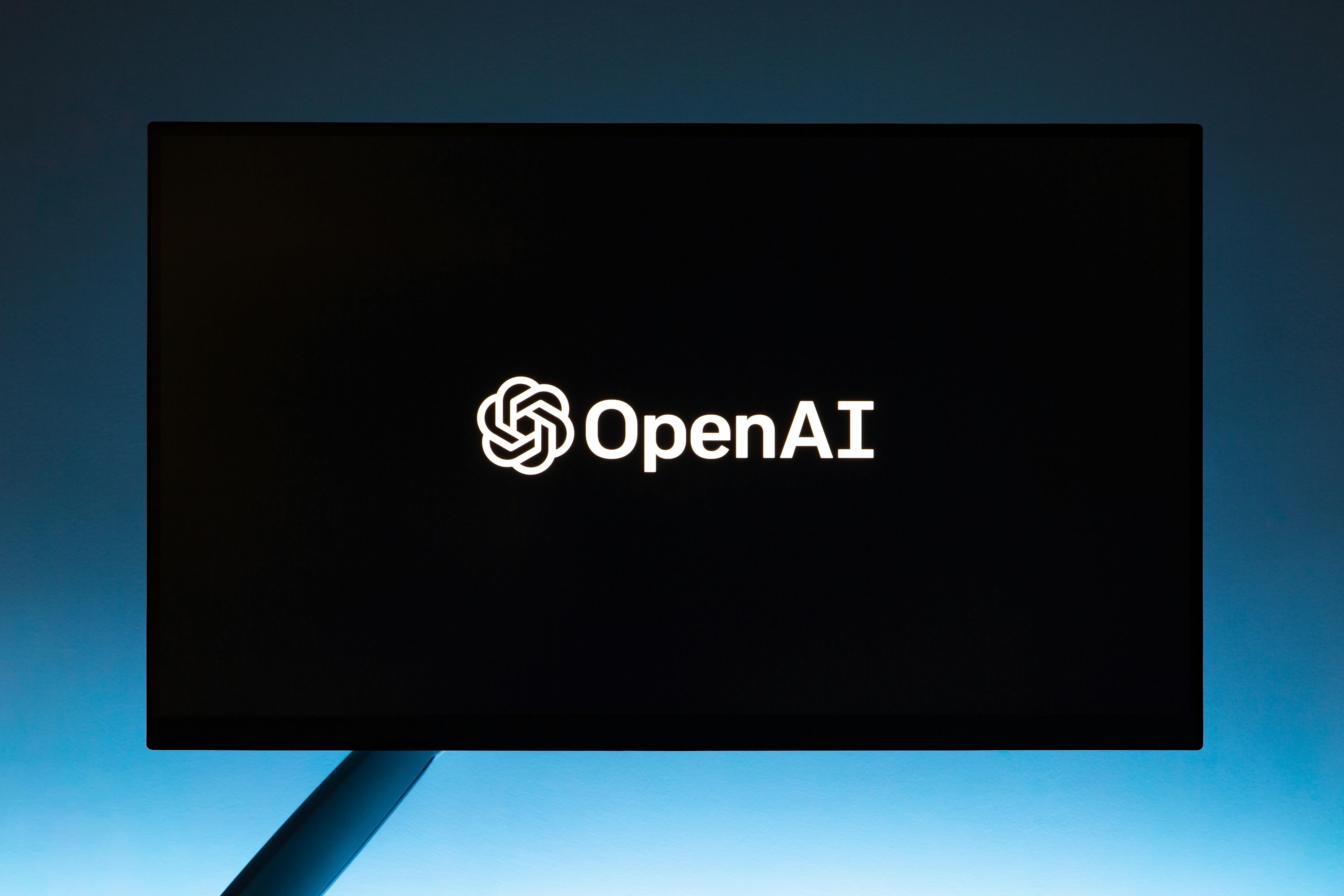For over a decade, Google Chrome has dominated how we navigate the internet, commanding more than 60% of global browser market share. But that dominance may be entering its most uncertain chapter yet.
In the last year alone, Google has found itself at the center of antitrust lawsuits, public scrutiny over its advertising model, and widespread debates over its increasingly AI-mediated search experience. Now, a new class of challengers, AI-native browsers, is emerging with a clear goal: reshape how we find and engage with information online.
What Is an AI Browser?
Unlike traditional browsers, which rely on static bookmarks, tabs, and manual input, AI browsers aim to actively assist users in finding, organizing, and interpreting information.
Think:
- Personalized search summaries instead of 10 blue links
- Conversational interfaces that refine queries in real time
- Built-in assistants that help compare, analyze, and summarize content
- Context-aware navigation, based on user behavior and intent
These features challenge the core assumptions behind current browsing behavior, and, by extension, the hold platforms like Chrome and Safari have over the internet.
Perplexity and the Launch of Comet
Last week, Perplexity AI launched Comet, a browser it claims is equal parts search engine and AI assistant. The interface integrates its AI-powered query tool directly into the browsing experience, allowing users to ask questions and receive real-time responses without leaving the page.
What We Know About OpenAI’s Browser
Meanwhile, OpenAI is developing its own AI browser, built on Chromium, the open-source framework that also powers Google Chrome, Microsoft Edge, and Brave.
Chromium serves as the foundational engine of modern web browsing. It includes the core technologies needed to render pages, manage tabs, and interpret web content. By building on Chromium, OpenAI can offer a familiar user experience while layering in its own proprietary AI features, likely powered by ChatGPT or a similar large language model.
Details remain scarce, but a release is expected later this year. With OpenAI already integrated into countless tools and workflows, an AI-native browser could serve as the ultimate extension of its ecosystem, and a direct competitor to Chrome’s longstanding dominance.
The Browser Company’s Move with Dia
Also entering the arena is The Browser Company, creators of Arc. Known for its design-forward approach and innovative UI, Arc has already carved out a niche among tech-savvy users. Their latest move? Dia.
Why This Moment Matters
These AI browsers signal a philosophical shift in how we define a browser. Chrome, Safari, and Firefox were built for a static web. Today’s web is dynamic, fragmented, and increasingly mediated by artificial intelligence.
The Stakes for Google and Chrome
To stay competitive, Chrome will need to evolve, fast. That might mean deeper AI integrations, a rethink of its business model, or better transparency around how it handles user data. Otherwise, it risks becoming the very thing it disrupted: a legacy platform outpaced by smarter, more adaptive alternatives.
Our Thoughts
AI browsers are reimagining the fundamental architecture of how we interact with the web. They blur the lines between browser, search engine, assistant, and aggregator.
For users, this could mean a more efficient, personalized internet experience. For content creators, it means preparing for a future where your content might be seen, but not necessarily clicked. And for Google, it means facing a new kind of competitor: one that doesn’t just want to organize the world’s information, but interpret it on the user’s behalf.
SO, WHERE DO YOU FIND THIS PARTNER?
Well, aren’t we glad you asked! We at DigiCom are obsessive data-driven marketers pulling from multi-disciplinary strategies to unlock scale. We buy media across all platforms and placements and provide creative solutions alongside content creation, and conversion rate optimizations. We pride ourselves on your successes and will stop at nothing to help you grow.




